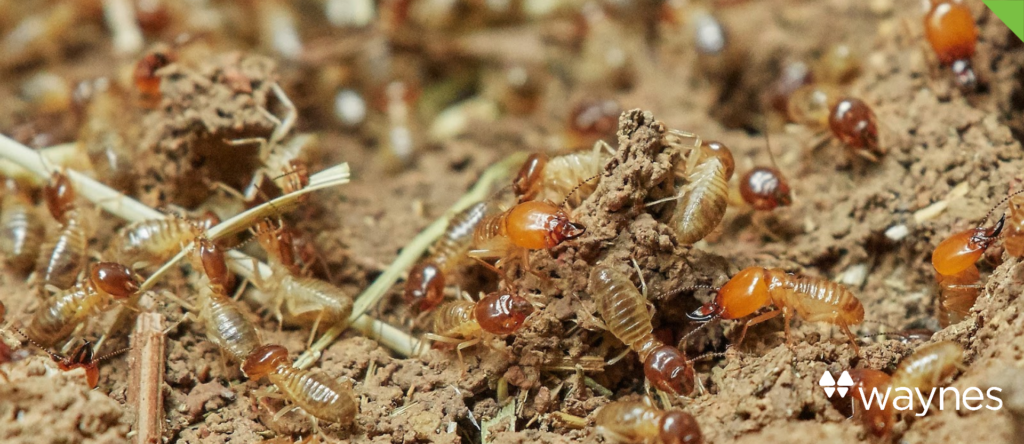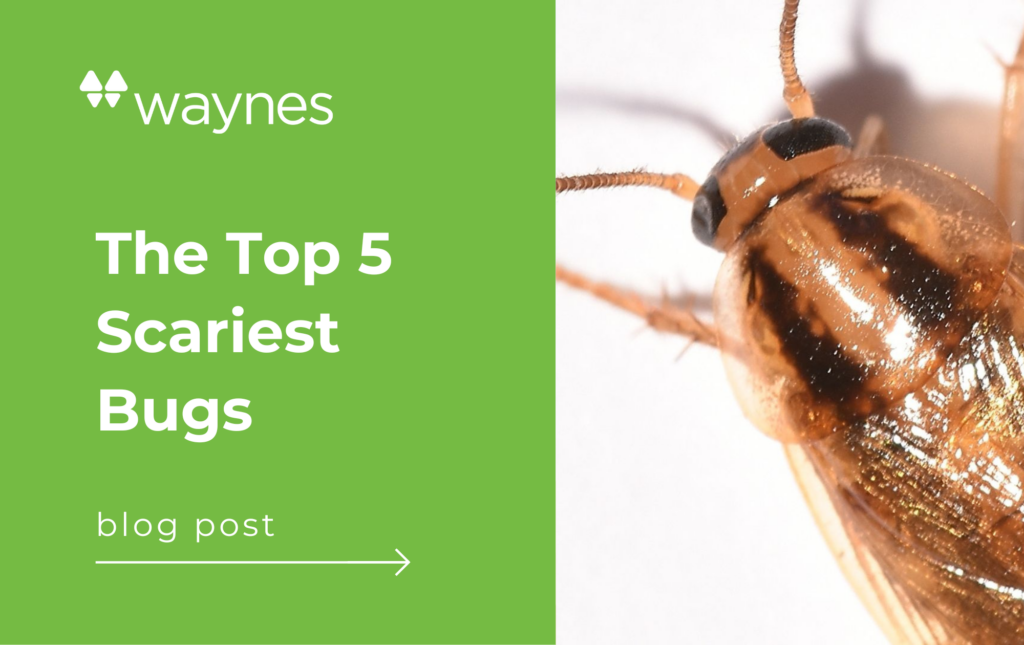Just about all of us will be spending more time indoors as the weather gets cooler — rodents included. They’ll be seeking a warm place to live until the cold weather passes … and that place may very well end up being your home.
But cooler temperatures aren’t the only reason why you’ll notice increased rodent activity. The pandemic is also to blame. Restaurants and other commercial spaces were and are still closed to the public meaning there’s a shortage of food for rodents who rely on trash from these places. So, rodents are out and about looking for food, some wandering into residential areas.
It’s not uncommon for rodents to seek refuge in our homes. In fact, some experts believe the vast majority of the places in which we humans live have rodents living somewhere inside. But because more of them are exploring residential areas for food, more of them are getting into our homes. And they’re good at getting in and good at hiding.
That said, it’s critical to look for and recognize the signs of rodent activity in your home. While a couple of varmints scurrying around inside is bad enough, if left unchecked, even small numbers could quickly grow to a full-blown infestation.
Signs of Rodents
Rodents are masters at sneaking around – they may very well be the original ninjas — but if you’re paying close attention, you’ll notice clues to their presence. Look for the following signs when trying to determine if your home is under a rodent attack:
- Musky or rotting odor
- Droppings
- Gnawed holes
- Chew marks
- Scampering noises
- Unusual pet behavior
- Potential allergy attacks
Dangers of Contact With Rodents
Rodents can directly transmit numerous, sometimes fatal, diseases, including rat-bite fever, Salmonellosis, Hantavirus Pulmonary Syndrome, and Tularemia. Such diseases can be spread to humans and allergic reactions caused by direct contact and bites, as well as via rodent urine, feces, and saliva.
Rodents can also promote transmission of diseases indirectly through the insects they carry, such as ticks, fleas, and mites. Babesiosis, Murine Typhus, and Scrub Typhus can be spread this way.
How to Keep Rodents Away
To prevent rodent infestations and the spread of diseases they carry, it’s critical to protect yourself and others by taking precautionary measures, including the following:
- Seal any holes or other entry points into your home. (An adult mouse can squeeze through a space as small as a dime.)
- Install screens in vents and openings to chimneys.
- Keep attics, basements, and crawl spaces well ventilated and dry.
- Eliminate sources of moisture, such as that from leaking pipes and clogged drains.
- Eliminate food sources by keeping food tightly sealed and stored away.
- Store trash bins a safe distance from home (some experts recommend 30 feet).
- Get rid of debris on your lawn.
- Keep your lawn cut short and shrubs trimmed.
- Set traps near where you believe rodents are nesting or places they use for travel.
- If you need assistance, get professional help …
Call Waynes!
Waynes fully understands the ramifications of a rodent infestation and how it can be a serious hazard to you, your family, and your pets, even to the structural integrity of your house. However, attempting to control an infestation can be dangerous. Also, the most effective rodent control requires an integrated approach.
That’s why we offer the Residential SMART Pest System. It’s an intelligent system that constantly monitors and instantly reacts to pest activity, preventing costly infestations in an environmentally friendly way.
How Does It Work?
A Waynes’ Service Professional will inspect the space where you’re having problems, consult with you to fully understand the threat, then devise a solution. Next, that Service Professional will strategically place sensors that can detect rodents from up to six feet away. In the event of activity, we’ll be notified immediately.
You won’t have to worry about a thing. We’ll study the activity reports, then start relocating traps and making other adjustments that will put a stop to the infestation once and for all.
The Smart Pest System has many benefits including:
- Around the clock surveillance
- Detects blind spots
- Allows for adaptation in the fight against rodents
- Non-toxic pest control
- Prevents costly infestations
- There’s simply less for you to worry about
For more information about Waynes Residential SMART Pest system, contact us today!









